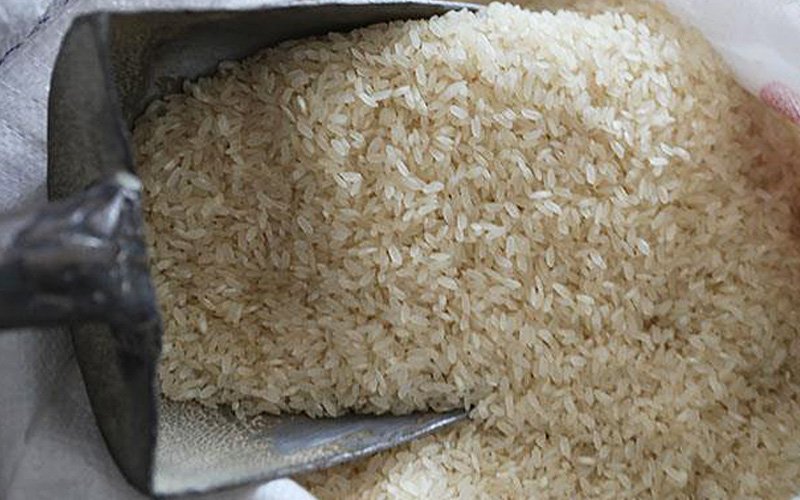KUALA LUMPUR: Rice smuggling activities are still rampant in border areas despite regular enforcement operations mobilised by the agriculture and food industries ministry’s Paddy and Rice Regulatory division.
Foreign syndicates are known to smuggle rice, purchased cheaply in countries such as Thailand and Vietnam, through illegal routes or “lorong tikus” at the border into Malaysia where it is sold at the standard price of about RM2.60 a kilogramme or at even higher prices.
While a related NGO and an academic body have warned that this will continue to disrupt the ecosystem and income of padi farmers if left unchecked, a crime analyst attributed this to a lack of integrity among border police personnel.
According to rice industry coalition Padi Rescue chief coordinator Nurfitri Amir Muhammad, the tactic used by the smugglers has helped them to reap huge profits.
Nurfitri Amir said he has received information from his sources that the syndicates have grown bold enough to use approved permits (AP) to smuggle rice into Malaysia through container ships.
“My sources also claimed that by just using one AP, the syndicates can bring in excess goods and that this is happening at our ports and borders,” he told Bernama.
The issue of rice smuggling is not a new one and has over the years received wide media coverage. The authorities have swooped on smugglers whose modus operandi were exposed in the media but despite enforcement activities, smuggled rice is still being sold openly in the market.
National Council of Professors member Mohd Fauzi Mohd Jani opined that as long as rice smuggling syndicates operate, they will continue to disrupt the ecosystem and income of Malaysia’s padi farmers.
He said rice smuggling rings were resorting to cunning tactics whereby they sell their rice to small sundry shops and night market traders at prices that are lower than that of locally produced rice.
“These syndicates have been operating in this country for a long time, hence they are familiar with the ins and outs of the rice business and they know how to dispose of their stocks. Of course, what they are doing is illegal as they are not paying import taxes,” he added.
Fauzi suggested that the agriculture and food industries ministry set up a steering committee, comprising industry players such as the Farmers’ Organisation Authority and padi farmers associations, to address the issue of rice smuggling and increase the nation’s rice production.
Crime analyst Akhbar Satar, meanwhile, said the seemingly endless issue of rice smuggling at the nation’s border areas is due to the existence of border police personnel who lack integrity and allow the illegal activity to take place.
“Here we are just talking about rice and subsidised goods that are smuggled in and out of the country. There is also the issue of human, drug and arms trafficking.
“For me, all these are huge problems too for which we must find a solution because they are a danger to the nation,” he said, adding that only security personnel of high integrity should be posted to high-risk zones, including border areas.
“The officers should be transferred after they have served for three years to prevent them from being influenced by unhealthy practices like taking bribes.”
He said the home ministry and National Security Council should also consider ways to upgrade border monitoring and surveillance.
“We now have drone technology, as well as closed-circuit television cameras, that can help enforcement agencies to do their work more effectively,” he added.

